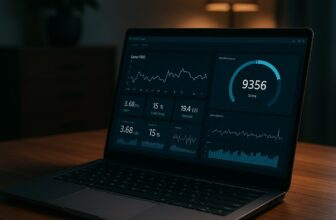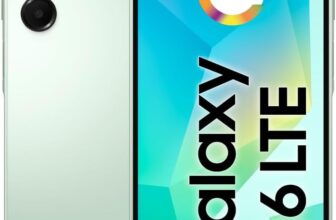
Following the announcement of surprisingly strong iPad revenue back in August, it’s looking like things are heading back to normal for Apple’s beleaguered tablet division. According to a new report, demand for the latest iPad Pro has fallen well below the numbers Apple initially projected.
Earlier this week Display Supply Chain Consultants (DSCC) released an analysis (you’ll need to register to read the full article) indicating that demand for the OLED panels used in the new iPad Pro models “has really slowed down after a strong Q2 2024.” Shipments were down by 40% in the third quarter, and are expected to fall by another 30 percent by the end of the year. The larger 13-inch model is expected to see an astonishing 90 percent drop in shipments for Q4.
DSCC sets this troubling decline against its view that the 2024 Pro has the best display and the thinnest design on the market. But having the best display and the thinnest design doesn’t get you very far if your tablet costs so much that people can’t afford it–and even the smaller of the two 2024 iPad Pro models starts at $999, far more than most potential customers would be looking to spend. The iPad user base is overwhelmingly dominated by casual users who absolutely do not require the high-end specs and features that the iPad Pro delivers, and for that matter do not need to regularly upgrade their devices, which is bad news for the latest edition of the iPad Air and the imminent new versions of the standard iPad and iPad mini.
Shortly after those positive sales figures this summer, I argued that they were merely a temporary sales bump caused by bottled-up demand after a long period with no new models and that the fundamental problems–not enough pro customers, too many casual customers with little interest in upgrading regularly, iPadOS failing to convince as a work OS–remained. I challenged the iPad to keep the hot streak going into the next quarter and predicted that it would fail to do so. I take no pleasure in being right.

$969.52

$999

$1099

$1199

$1199

$1199






